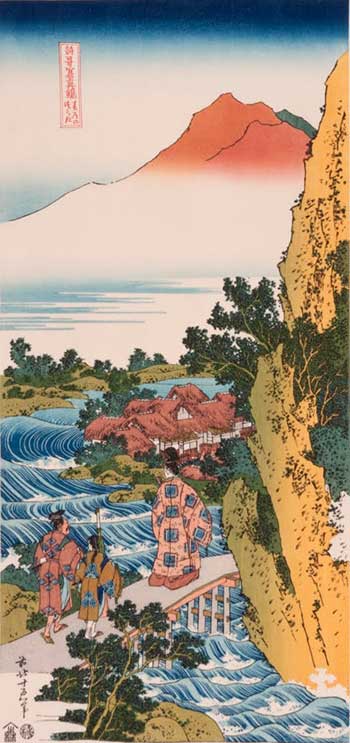Book Reviews - Japan & America
Fascinating, highly readable stories of the Americans who traveled to Japan in the wake of its mid-19th Century opening to the West. As a group, these people were largely responsible for introducing Japan and its culture to America in the late 19th and early 20th Centuries. From their number came some of the great art and artifact donations which form the basis of major Japan collections in American museums.
Out-of-print but used copies readily available. Wonderful autobiography by President John F. Kennedy’s ambassador to Japan. You’ll find out how this bookish professor became a rock star to the Japanese people, and why the Kennedys tried so hard to keep him from returning to his Harvard professorship. I was loath to put down this very compelling human story. Reischauer was a pioneering figure in the founding of East Asia Studies Departments at major American universities. Read this one. You’ll love it.
This is a wonderful book in many ways. It’s a very human story about women’s education in the later 19th Century—both in Japan and in the early years of the Seven Sisters in America. It’s about the end of feudalism in Japan and the birth of a new state which would Westernize and begin to change the status of women in meaningful ways. It’s a story about Japan’s early feminism—it’s travails and successes in the late 19th Century.
The book provides this excerpt from an 1898 speech delivered in America by one of the first Japanese women sent to be educated in the United States:
Thus from one nation to another will be passed on the work of education and elevation for women... thus, step by step will women arise, throughout all the world, from slave and drudge of savage days, from the plaything and doll of later periods, to take her place as helpmate and true equal of man.
Twenty-seven years earlier (in 1871) six-year-old Ume Tsuda, the author of this statement, had been sent to America by the Japanese government. The author tells us that advice to women back then fell under guidelines delineated in the 18th Century treatise Greater Learning for Women, which was based on the Confucian model: “The only qualities that befit a woman are gentle obedience, chastity, mercy, and quietness.” In keeping with that sentiment was this statement by a Meiji minister: “When women are learned and clever in their speech, it is a sign that civil disturbance is not far off.”
But to suggest this book is merely a feminist tract would be to do it a disservice. It’s also a compelling travelogue, with descriptions both of period ship travel across the Pacific, and train travel across America on newly-completed transcontinental track. And it’s a story of Japanese-American relations at the personal rather than the state-to-state level.
In the main however it’s a story of three daughters of samurai under the old shogunate regime who were transplanted to America to be educated, and who then returned to Japan and made their lives extraordinary—each in a different way.
Recommended for general interest readers, and more particularly for anyone desiring a deeper understanding of Japan’s Meiji era than a textbook-style history can provide.

